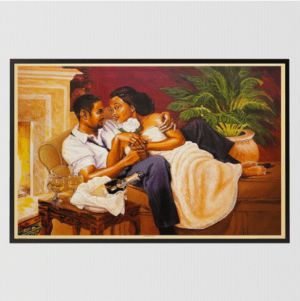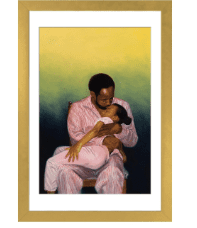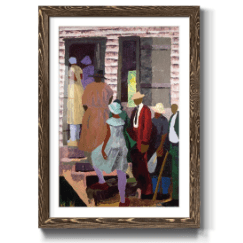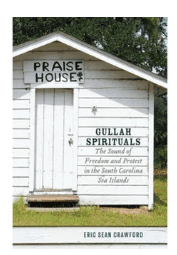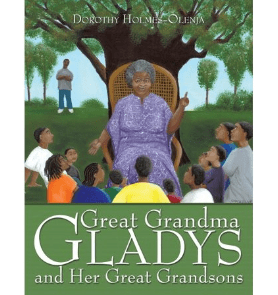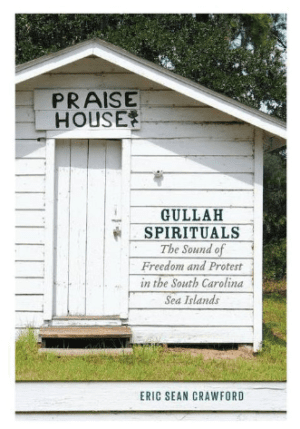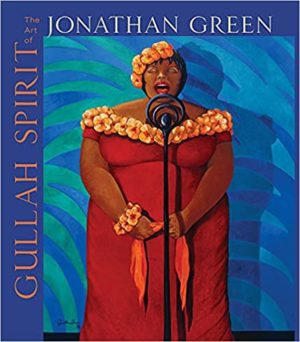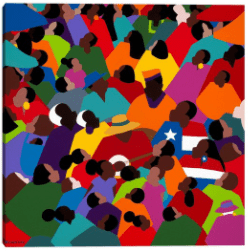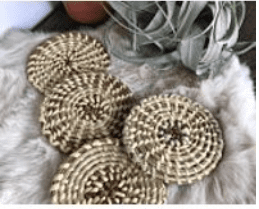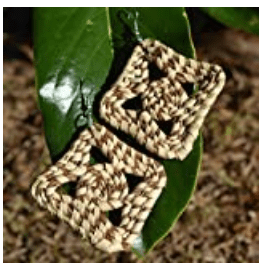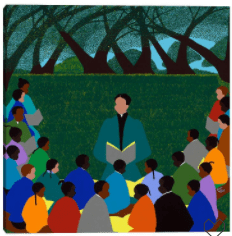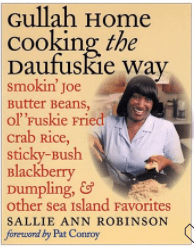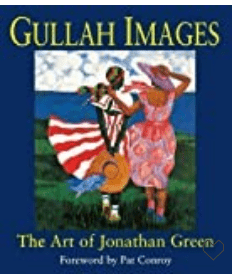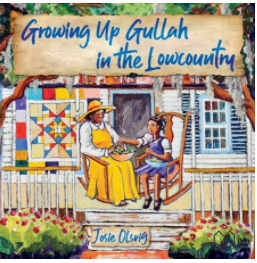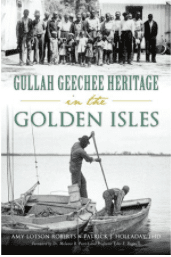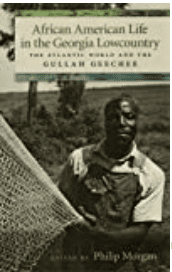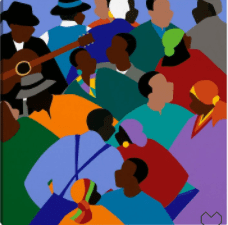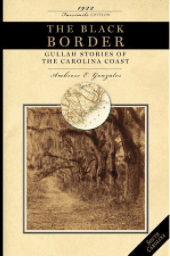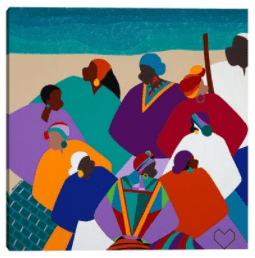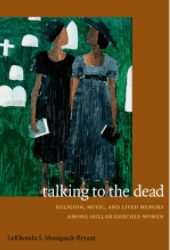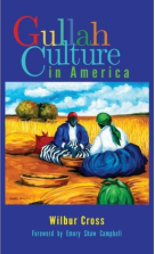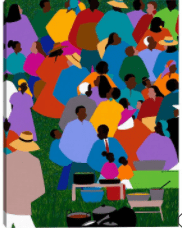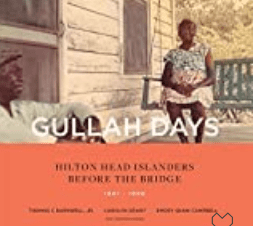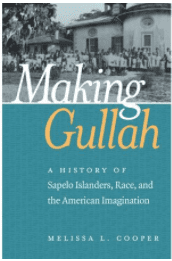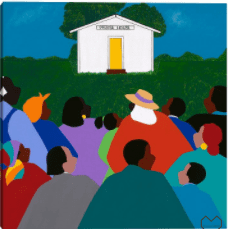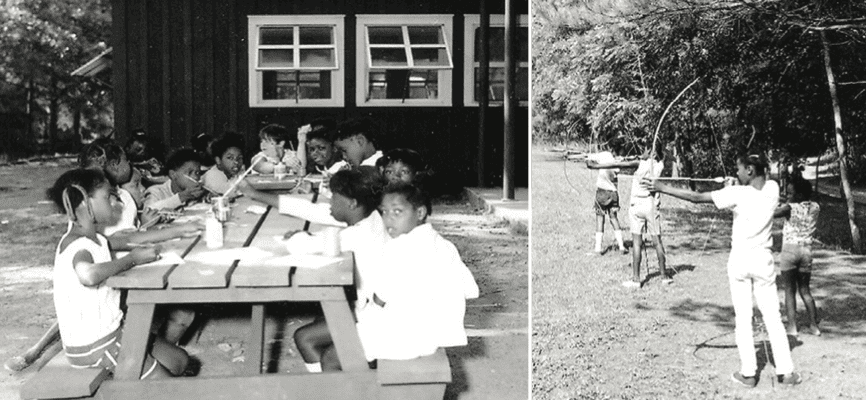
African American history is pretty much located everywhere. From the South to the West Coast, African Americans have left and continue to leave behind legacies for others to reveal through exploration. In particular, one historic county in the South that portrays true African American resilience and embodies a history trail of black citizens is Cartersville-Bartow’s County. Located just north of Atlanta on Interstate 75, Cartersville-Bartow County is home to many African American historic checkpoints. This Georgia county is also known for its first Coca-Cola wall sign, unique galleries, and Civil War monuments and encourages many from across the world to see these attractions. However, if you are specifically interested in partaking in an African-American Heritage Trail, I have a guide for you.
African-American Heritage Trail
The African-American Heritage Trail in Cartersville-Bartow County encompasses many historic locations. Each of these locations demonstrates and highlights African American traditions, leaders, popular locations, and buildings with sentimental value. Here are 9 locations that you can visualize and learn more about with your travel to Cartersville-Bartow County.
- George Washington Carver Park and Camp Pine Acres
John Loyd Atkinson took initiative in creating an environment in which African Americans could be relaxed during a time of frustration of WWII and equality. The beach environment, which is now known as the George Washington Carver Park. was a place for many to come such as Ray Charles, Little Richard, Corretta Scott King, and Andrew Young. As the first black Park Superintendent, John Atkison provided black Southerners with a clubhouse/concession stand, playground, boats, boat ramps, and fishing docks to align with the beach scenery. Atkinson even started a black Girl Scout Camp at George Washington Carver Park to teach girls archery, swimming, and arts and crafts, and which later became known as Camp Pine Acres. The park remains for Southern travelers to enjoy.
- Gassett’s Grocery
Gassett’s Grocery Store opened approximately in 1893, is where many African Americans went shopping for food. Created by John Gasset, the grocery store helped expand the African American business district that included drayman Jackson Burge and blacksmiths like Ellis Patterson and Henry Saxon. Located on 127 W Main, Gassett’s Grocery Store was one of the first major black-owned businesses to anchor this district and created a customer base that allowed other nearby businesses to thrive. Gassett’s Grocery Store operated until Gassett’s death in the early 1920s and has served greatly to the African American community.
- Conyer’s Alley
Today, Conyers Alley serves as just a driveway between two buildings that marks where the center of the Black Business District used to be. The alley connected West Main to West Market Street or present-day Cherokee Avenue and was the center of the black business district downtown. As buildings shot up around the alley, a Barber Shop and Blue Front Cafe continued to expand the black business district in the early 1900s. Filled and surrounded by restaurants and eateries, Conyers Alley served as the center of the African American heritage in Cartersville, GA.
- Summer Hill Heritage Foundation
Established by Ronald Johnson in 1889, Summer Hill School, in Cartersville, Georgia was where many African Americans completed their high school education. The original wood-framed Summer Hill School offered education and encouraged their students to continue their education. Summer Hill is known for producing the first black Supreme Court justice in Georgia, Motown songwriters, lawyers, teachers, and doctors. Located on 129 Aubrey Street in Cartersville, GA, the current school grounds operate a museum, library, youth and alumni programs, auditorium, nature trail, and sports complex.
- Euharlee Covered Bridge and Black Pioneers Cemetery
The Black Pioneer Cemetery, located in Euharlee is a one-acre cemetery used for slave burials. The cemetery is located on Euharlee Covered Bridge Road between Euharlee Presbyterian and Euharlee Baptist Churches. Although most of the graves were unmarked in the cemetery, many in the community and part of the Euharlee Historical Society (EHS) took the initiative to clear the cemetery and identify graves in the late 1900s. In 2002, the EHS dedicated 61 Covered Bridge Road as a permanent marketer for the memory of our ancestors. Many can still visit the cemetery to this day.
- St. James AME Church
Located on 1718 Cassville Road in Cassville, GA, St. James AME Church is important to the Cartersville-Bartow community. Organized in 1833 or 1844, yet given to African Americans in 1872, the church has true age, however, the history of the church is scarce because of the burning of deed books by Federal Troops in 1864. The St. James African Methodist Episcopal Church continues the legacy of Rev. Richard Allen who founded the independent protestant denomination. A simple and modest structure is what many saw and currently the church and grounds are currently maintained by a church committee of the Noble Hill Wheeler Foundation.
- Noble Hill-Wheeler Memorial Center Rosenwald School
Nobel Hill Rosenwald School in Cassville, GA was built in 1923. Originally named the Cassville Colored School, the Noble Hill School was created to serve the black children, grades 1st through 7th in the community. The school ran successfully until 1955 when all schools for African American kids were merged into Bartow Elementary School. In December 1989, the school opened as the Noble Hill-Wheeler Memorial Center, which currently operates as a cultural heritage museum. Open Tuesday – Saturday from 9 am-4 pm, Southerners can gain more information on the history of the school and also the historic county.
- Melvinia “Mattie” Shields McGruder’s gravesite in Kingston
The Great-Great-Great Grandmother of First Lady Michelle Obama, Melvinia Shields, is buried in Kingston, Georgia, a small city in Cartersville-Bartow County. Ms. Shields was originally born in South Carolina as a slave in 1844 and later she was given to Henry Shields, a slave owner in Rex, Georgia, where she became a house slave. Almost 10 years after the Civil War, Mrs. McGruder moved to Kingston, GA with her four kids; three of who were of a mixed-race and later became known fondly in the community as “Mattie” McGruder. Mrs. McGruder lived until 1938 and was laid to rest at Queen’s Chapel Methodist Church Cemetery where a marker is placed to honor this strong African American woman.
- Adairsville Depot Museum
Created in 1847, the Adairsville Depot History Museum contains many artifacts surrounding the early life in the Adairsville community and highlights the African American experience as well. The museum features Arthur Butler, an African American male who became the first black business owner in downtown Adairsville and Mary Carreathers, the first African American woman to be elected to the Adairsville City Council. Adairsville Depot Museum continues to add on to the early history and even features Kenneth Carson, who was the first African American mayor, which occurred in 2014. For travelers or locals who are interested, the Adairsville Depot History Museum is open Tuesday – Saturday from 11 am – 3 pm with free admission.
If you are ever in the county of Cartersville-Bartow, these African American historic locations should be included in your travel. For more information on this African American Heritage Trail Guide check out the downloadable brochure https://visitcartersvillega.org/gwcp/.
